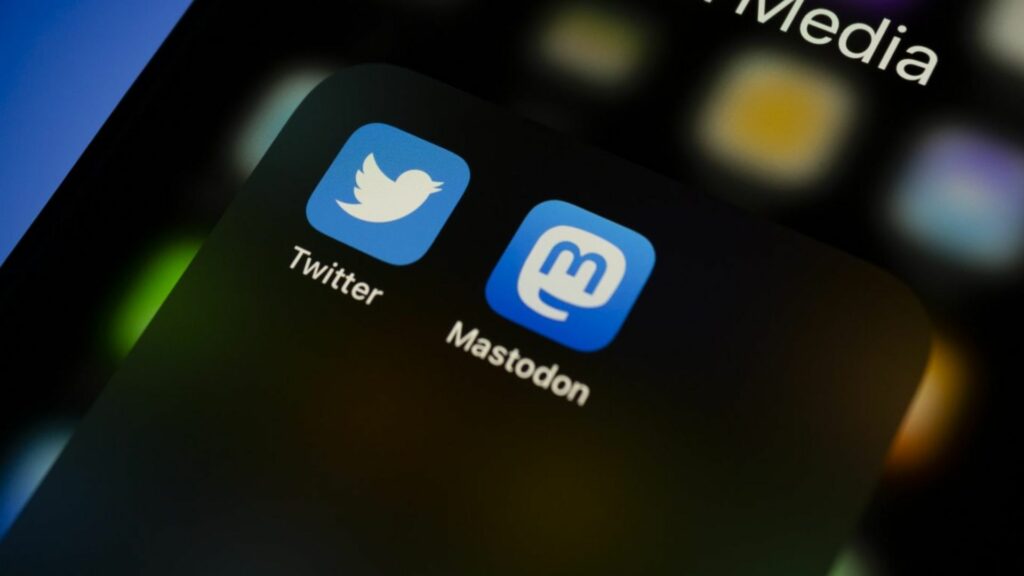Is Mastodon worthy answer to Twitter?
Since Elon Musk purchased Twitter, laid off half the company’s employees, and began restructuring the company’s finances, a previously ignored social media platform has entered the conversation. Mastodon may have been named after a mammoth-like creature that became extinct long ago, but it is very much still around today. Since Musk’s acquisition of Twitter was finalised on October 27th, the micro-blogging platform has gained at least 1 million users.
Mastodon, which has been around since 2016, has not implemented any monetization strategies into its software, which is perhaps most appealing to users (and confusing to venture capitalists). There will be no paid subscriptions, no in-app purchases, and no intrusive advertising. This means that the company’s business model is significantly different from that of other major social media platforms.
To create and host mastodon, the original Mastodon server, a small German nonprofit called Mastodon gGmbH relies on donations from the community. It has a Patreon and a page listing organisations that have contributed to it. However, the business insists it is non-affiliated, as evidenced by the disclaimer “Sponsorship does not equal influence” at the end of a list of backers.
Mastodon is a social networking platform with Twitter-like aesthetics, but it is decentralised, meaning that anyone can launch their own server (an “instance”) using the available open-source software. The Fediverse is a network of interconnected communities where users can collaborate with one another.
In reality, anyone can access Mastodon’s source code and make modifications to it. Additionally, due to the distributed nature of the model, every instance will be slightly unique. Each server’s administrators determines its own content moderation policies and selects the servers it will “federate” with, so that a server can refuse to communicate with another server whose policies it deems incompatible.
It’s a bit geeky and out there, but many Twitter users are hoping to replicate their experience elsewhere in case the service shuts down or becomes even more poisoned by bigotry and fake accounts.
Open source and open standards strategy director at cyber security firm Snyk Daniel Appelquist has suggested that Mastodon’s decentralised model may be appealing to users in a community that has been subject to harassment on Twitter.
He explained that some Mastodon instances are dedicated to a particular identity or set of interests, and that this is because anyone can launch their own server and establish their own rules.
From what I’ve heard, the majority of Mastodon instances have liberal content rules, according to Appelquist. However, they lack the infrastructure of other social media platforms, such as full-time moderators or in-house legal teams to monitor compliance with hate speech laws. As an alternative, moderation is handled locally in each instance, typically by the host or a small group of volunteers.
